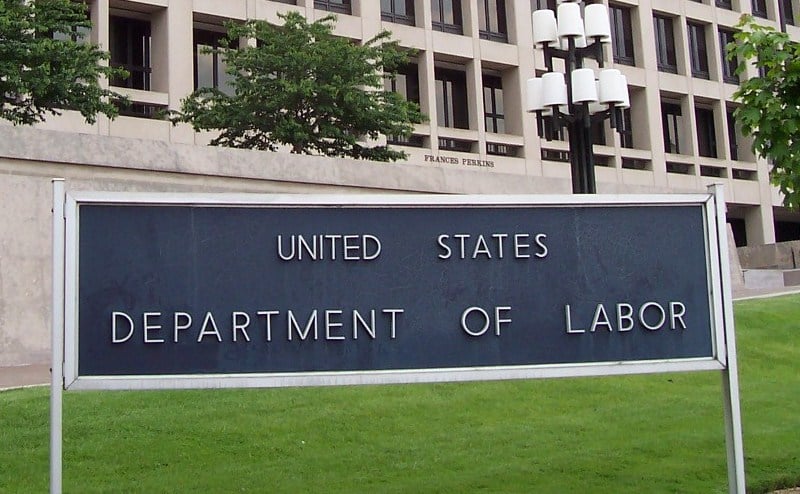The most important report about U.S. jobs is not the monthly numbers released by the U.S. Department of Labor, nor the ADP review of private sector payrolls. The Job Openings and Labor Turnover Survey offers insight other reports do not. Based on the most recent figures from the survey, the unemployment situation in the United States is worse than many people suppose. And the jobs problem is worse as well. Source: Ed Brown, via Wikimedia Commons
Source: Ed Brown, via Wikimedia Commons
The number of job openings on the last day of February was 3.925 million. Based on the number of people out of work, there is one job open for roughly every three jobless workers.
Several analysts pointed out that the number is excellent compared to the height of the recession, when the number was closer to one job for every six workers. But the same analysts say that in a strong economy the ratio sits at well under two to one.
The New York Times points out that the way companies count openings and worries about adding new people may alter the value of the report and that it distorts the value of the numbers:
It’s not clear why that’s the case, but the answer probably involves some combination of skill mismatch; whether all the people who are calling themselves unemployed today might have done so in previous years; and hiring paralysis at firms that have vacancies but are afraid of making a hiring mistake in a still-uncertain economy.
However, there is a simpler way to view the numbers. Potential employers worry that the economic crisis is not entirely over, at least as far as their profits are concerned. That is not just a “still-uncertain economy.” It is an admission that there are parts of the economy that have changed permanently. Companies can do without workers because of increased productivity and automation. They keep jobs posted that will never be filled because workers are less valuable than in the past, at least as measured by sales per employee. That kind of shift is a terrifying problem for the unemployed.
If the value of the typical worker has fallen, then so, most likely, will wages. There already may be signs of this in the trend that higher paid people out of work have to take lower paying jobs to find employment.
The jobs currently posted nationwide are jobs with lower value, because the value equation has shifted in the employer. That bodes poorly for median income, which is one of the critical engines for a long-term recovery.
Sponsored: Want to Retire Early? Here’s a Great First Step
Want retirement to come a few years earlier than you’d planned? Or are you ready to retire now, but want an extra set of eyes on your finances?
Now you can speak with up to 3 financial experts in your area for FREE. By simply clicking here you can begin to match with financial professionals who can help you build your plan to retire early. And the best part? The first conversation with them is free.
Click here to match with up to 3 financial pros who would be excited to help you make financial decisions.
Thank you for reading! Have some feedback for us?
Contact the 24/7 Wall St. editorial team.



